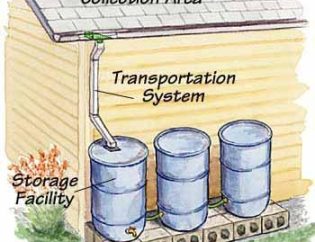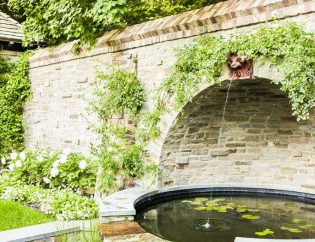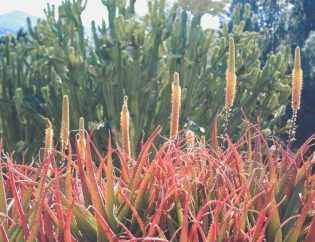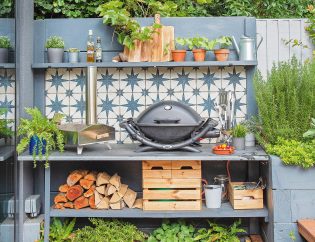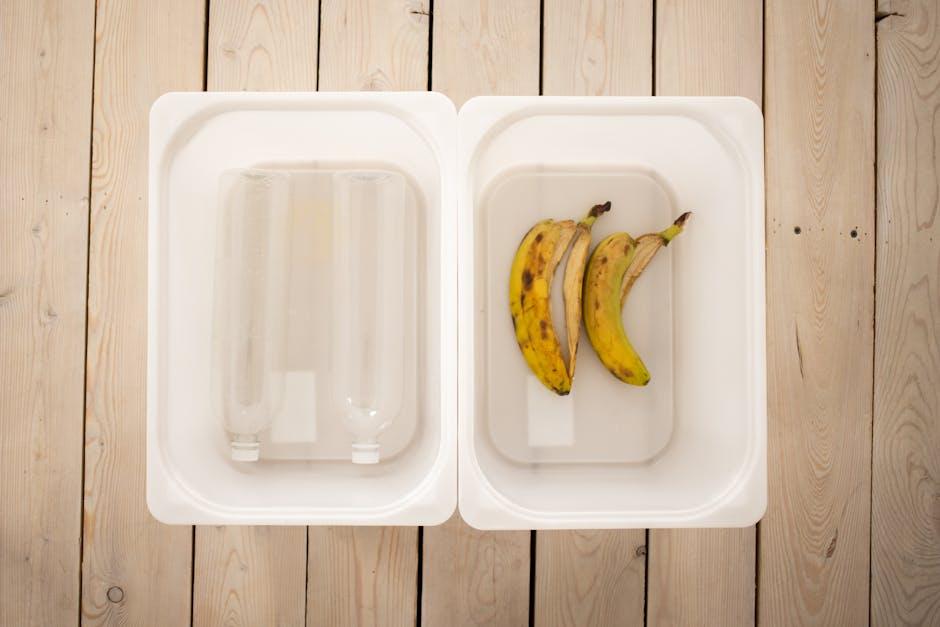

Understanding Composting: The Heart of Sustainable Garden Waste Management
So you’ve decided to dive into the world of composting, huh? Congratulations! You’re about to become best friends with decaying organic matter and creepy crawlies. But fear not, for composting is the heart and soul of sustainable garden waste management.
Let’s break it down for you. Composting is basically nature’s way of recycling. You take your kitchen scraps, yard waste, and any other organic material you can get your hands on, toss it all in a pile, and let the magic happen. Before you know it, you’ll have a nutrient-rich soil amendment that your plants will thank you for.
Now, you might be wondering, “But how do I get started?” Well, my friend, it’s simpler than you think. All you need is a bin or a pile, some organic matter, a little bit of water, and a whole lot of patience. And voila, you’re on your way to becoming a composting pro.
Remember, composting isn’t just about turning your garbage into gardening gold. It’s about reducing waste, enriching the soil, and living in harmony with nature. So grab your pitchfork, roll up your sleeves, and get ready to embark on a smelly, squishy, and oh-so-rewarding journey into the world of composting. Your garden (and the planet) will thank you!

Implementing Mulching Techniques for Soil Health and Waste Reduction
When it comes to implementing mulching techniques, the possibilities are endless! From using materials like wood chips and straw to grass clippings and cardboard, there are so many ways to get creative with your mulching game.
One of the key benefits of mulching is its ability to improve soil health. By covering the soil with a layer of mulch, you can help retain moisture, suppress weeds, and regulate soil temperature. Plus, as the mulch breaks down, it adds valuable nutrients back into the soil, making it a win-win for both your garden and the environment.
Not only does mulching improve soil health, but it also helps reduce waste. Instead of sending organic materials like leaves and kitchen scraps to the landfill, you can repurpose them into nutrient-rich mulch for your garden. It’s like turning trash into treasure!
So, whether you’re a seasoned gardener looking to up your mulching game or a newbie looking to dip your toes into the world of soil health and waste reduction, implementing mulching techniques is a fun and rewarding way to care for your garden and the planet.
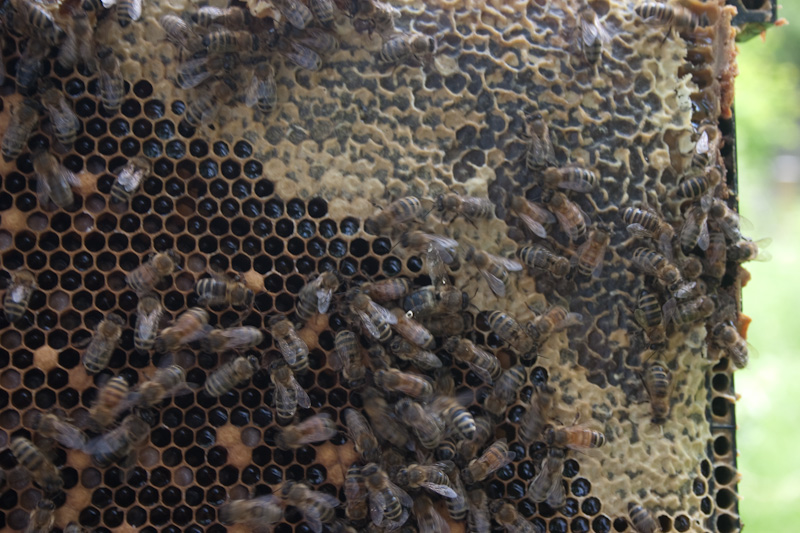
Setting Up a Home Biodigester: A Step Towards a Zero-Waste Garden
Who says being eco-friendly can’t be fun and easy? With a home biodigester, you can turn your kitchen scraps into nutrient-rich compost for your garden, all while reducing your carbon footprint! So let’s roll up our sleeves and get ready to dive into the world of biodigesters!
First things first, you’ll need to choose the right spot for your biodigester. Look for a sunny spot in your garden where the temperature stays relatively consistent. Remember, this bad boy needs some TLC, so give it a prime spot where it can soak up the sun and do its thing!
Now, it’s time to pick out the perfect container for your biodigester. You can use anything from a repurposed garbage can to a fancy store-bought container. Get creative with it! Just make sure it’s airtight and has a way for gases to escape. A happy biodigester is a well-ventilated one!
Once you’ve got your setup ready to go, it’s time to start feeding your new pet – I mean, biodigester. **Throw in your food scraps, yard waste, and even some manure** if you’re feeling adventurous. Just remember to keep a good balance of greens and browns to keep things churning along smoothly. Before you know it, you’ll have a garden full of happy plants and a clear conscience knowing you’re doing your part to reduce waste!

Integrating Worm Farming into Your Sustainable Garden Practice
So you want to take your sustainable gardening game to the next level? Look no further than worm farming! These wriggly little creatures are like the composting ninjas of the garden world. Not only do they help break down organic matter, but they also enrich your soil with their nutrient-rich castings. It’s like having your very own team of tiny garden superheroes.
First things first, you’ll need to set up a cozy home for your new worm pals. A worm bin is the perfect abode for these critters, providing them with a safe space to work their magic. Make sure to layer your bin with plenty of bedding materials like shredded newspaper and leaves to keep your worms happy and healthy. And don’t forget to add some kitchen scraps for them to chow down on!
Next, it’s time to introduce your worms to their new digs. Place them gently into the bin and let them get acclimated to their surroundings. Remember, these are delicate creatures, so handle them with care. And be sure to check on them regularly to make sure they’re thriving. After all, you wouldn’t want your tiny garden superheroes to go on strike!
With a bit of patience and TLC, you’ll soon see the benefits of . Your plants will thank you for the extra boost of nutrients, and you’ll have the satisfaction of knowing you’re doing your part to help the environment. So go ahead, embrace your inner worm whisperer and let those little garden ninjas work their magic!
The Role of Green Waste Collection Services in Comprehensive Waste Management
Green waste collection services play a crucial role in ensuring that our environment stays clean and healthy. By collecting and properly disposing of organic waste, these services help reduce the amount of waste sent to landfills, which in turn helps combat climate change. Plus, they make sure that our yards and gardens stay neat and tidy, so we can continue to enjoy our outdoor spaces without having to deal with the mess ourselves.
One of the great things about green waste collection services is that they handle all the dirty work for us. From picking up fallen leaves to pruning and trimming trees, these services take care of all our yard waste needs so we can focus on more important things, like binge-watching our favorite TV shows or perfecting our banana bread recipe. Who has time to worry about composting and recycling when there are so many other important things to do?
With green waste collection services, we can rest easy knowing that our organic waste is being disposed of properly. Whether it’s turned into compost for gardens or used to generate clean energy, our yard waste is being put to good use instead of just ending up in a landfill and contributing to pollution. And let’s be honest, it’s much more satisfying to see our green waste being recycled and repurposed than it is to see it rotting away in a landfill.
So next time you see those friendly green waste collectors cruising down your street, give them a wave and a smile. They may not wear capes, but they’re definitely superheroes in the fight against waste and pollution. Plus, they make our lives a whole lot easier – and cleaner – in the process. It’s a win-win for everyone involved!
Innovative Use of Garden Waste in Eco-friendly Crafts and Constructions
Do you find yourself overwhelmed by the amount of garden waste piling up in your backyard? Fear not, for we have some eco-friendly solutions that will transform your trash into treasure!
Imagine turning those pesky leaves and branches into beautiful and functional items that are not only good for the environment, but also make your home look like a Pinterest dream come true. From rustic garden decorations to trendy furniture pieces, the possibilities are endless!
With a little creativity and a lot of glue, you can create unique planters, bird feeders, and even outdoor seating using nothing but garden waste. Say goodbye to boring store-bought items and hello to one-of-a-kind masterpieces that will make your neighbors green with envy!
So grab your pruning shears and get ready to unleash your inner DIY diva. With a little imagination and a whole lot of green thumbs, you’ll be amazed at the innovative ways you can repurpose garden waste into sustainable crafts and constructions that will make Mother Nature proud.
Adopting Community-Level Strategies for Enhanced Garden Waste Sustainability
So you’ve got a garden full of waste and you’re not sure what to do with it, huh? Well, fear not! There are plenty of community-level strategies you can adopt to enhance the sustainability of your garden waste. Let’s dig in!
First and foremost, consider starting a community composting program. Get your neighbors involved and turn all that green waste into lovely, nutrient-rich compost. Not only will this help reduce landfill waste, but it will also benefit your garden by providing it with natural fertilizer. Win-win!
Another fun idea is to host a garden waste swap meet. Got too many fallen leaves but not enough banana peels? Trade with your neighbors and everyone ends up with the perfect mix of waste for their compost piles. Plus, it’s a great way to build community spirit and make some new friends.
If you’re feeling really ambitious, why not organize a community garden waste sculpture competition? Get creative with your waste and see who can come up with the most impressive art piece using only garden waste. Not only will this be a fun way to repurpose your waste, but it will also raise awareness about sustainability in a unique and engaging way.
FAQs
Why is proper garden waste management important?
Well, you don’t want your garden turning into a dumping ground for pesky critters, do you? Plus, it’s way more fun to have a well-organized garden than a chaotic mess of leaves and branches everywhere.
What are some sustainable garden waste management techniques?
Oh, I’m glad you asked! One great technique is composting. It’s like a little party for your garden waste – they all get together and break down into nutrient-rich soil that your plants will love. You could also try mulching, which is like tucking your garden waste into a cozy blanket to keep them warm and happy.
Can you give some tips on starting a compost pile?
Of course! First, find a nice spot in your garden for your compost pile to call home. Then, mix your green waste (like fruit and veggie scraps) with brown waste (like leaves and paper) to create the perfect balance. Don’t forget to give your pile a good mix every now and then – think of it as a little workout for your garden waste!
How can I use garden waste to nourish my plants?
It’s easy peasy! Just sprinkle some compost or mulch around the base of your plants to give them a tasty treat. Your plants will gobble up all those nutrients and grow big and strong. It’s like a gourmet meal for your garden!
In Conclusion: Keep Your Garden and the Planet Green!
So, there you have it – a crash course in sustainable garden waste management techniques that will help you keep your garden looking gorgeous while also saving the planet. Remember, composting is your best friend, mulching is the cherry on top, and always think twice before tossing anything in the trash. With a little bit of effort and a whole lot of green thumb enthusiasm, you can make a big difference in reducing your garden waste footprint. Happy gardening, and may your plants thrive and your compost pile never be too smelly!

